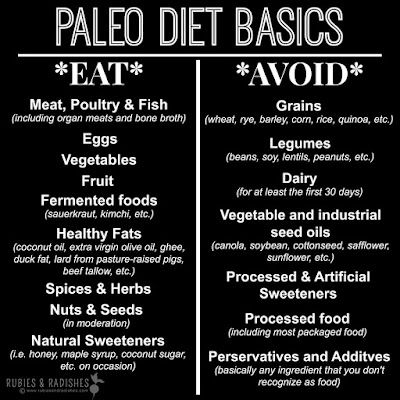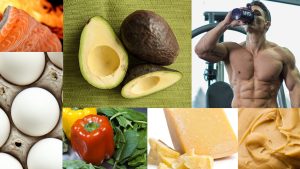
The Paleo Diet is based on the idea that our ancestors, who lived during the Paleolithic era, had a healthier and more natural diet than we do today. By following this diet, proponents claim that it can improve overall health and help with weight loss. Let’s explore what the Paleo Diet entails and what foods to include or avoid.
What is the Paleo Diet?
The Paleo Diet, also known as the Caveman Diet or the Stone Age Diet, is a nutritional plan that aims to emulate the diet of early humans. The diet focuses on consuming whole, unprocessed foods that our ancestors had access to before the advent of agriculture.
The core principle behind the Paleo Diet is that humans are genetically adapted to certain foods and that our bodies may not handle modern processed foods well. Supporters of this diet believe that returning to a more natural, pre-agricultural diet can improve overall health and well-being.
What to Eat on the Paleo Diet
The Paleo Diet encourages the consumption of nutrient-dense whole foods. Here are some foods you are allowed to eat on the Paleo Diet:
Lean meats: Grass-fed beef, poultry, pork, and game meats are all acceptable choices
Seafood: Fish and shellfish provide essential omega-3 fatty acids
Fruits: All kinds of fruits, both fresh and dried, are encouraged
Vegetables: Non-starchy vegetables such as broccoli, kale, and peppers are great options
Eggs: Organic, free-range eggs are a good source of protein
Nuts and seeds: Almonds, walnuts, chia seeds, and flaxseeds are popular choices
Healthy fats: Avocado, olive oil, coconut oil, and ghee are all allowed
Foods to Avoid on the Paleo Diet
The Paleo Diet calls for the avoidance of certain foods that are commonly consumed in modern diets. Here are some foods you should avoid:
Grains: Wheat, rice, oats, and corn should be eliminated
Legumes: Beans, lentils, and peanuts are not permitted
Dairy: All dairy products, including milk, cheese, and yogurt, should be avoided
Processed foods: Any food that comes in a package or is highly processed is off-limits
Sugar and sweeteners: This includes table sugar, artificial sweeteners, and sugary drinks
Processed oils: Soybean oil, corn oil, and other refined vegetable oils should be excluded
Alcohol: Strict adherents of the Paleo Diet avoid alcohol, but occasional indulgence may be allowed in moderation
Possible Benefits of the Paleo Diet
The Paleo Diet is believed to have several health benefits, including:
Weight loss: Many individuals report losing weight when following the Paleo Diet due to its emphasis on whole, unprocessed foods and its restriction of high-calorie processed foods
Better blood sugar control: By cutting out refined carbohydrates and sugars, the Paleo Diet may help regulate blood sugar levels
Improved nutrient intake: By focusing on whole, nutrient-dense foods, the Paleo Diet can provide a wide range of essential vitamins and minerals
Better digestion: The elimination of processed foods and potential allergens may improve digestive health
However, it is important to note that scientific studies on the long-term effectiveness and safety of the Paleo Diet are limited. As with any diet, individual results may vary.
Conclusion
The Paleo Diet aims to mimic the eating habits of our ancestors by focusing on whole, unprocessed foods. While it can lead to weight loss and improved overall health for some individuals, it is essential to consult with a healthcare professional before making any significant dietary changes. Each person’s body is unique, and what works for one person may not work for another. Listening to your body and finding a balanced approach to nutrition is key.

